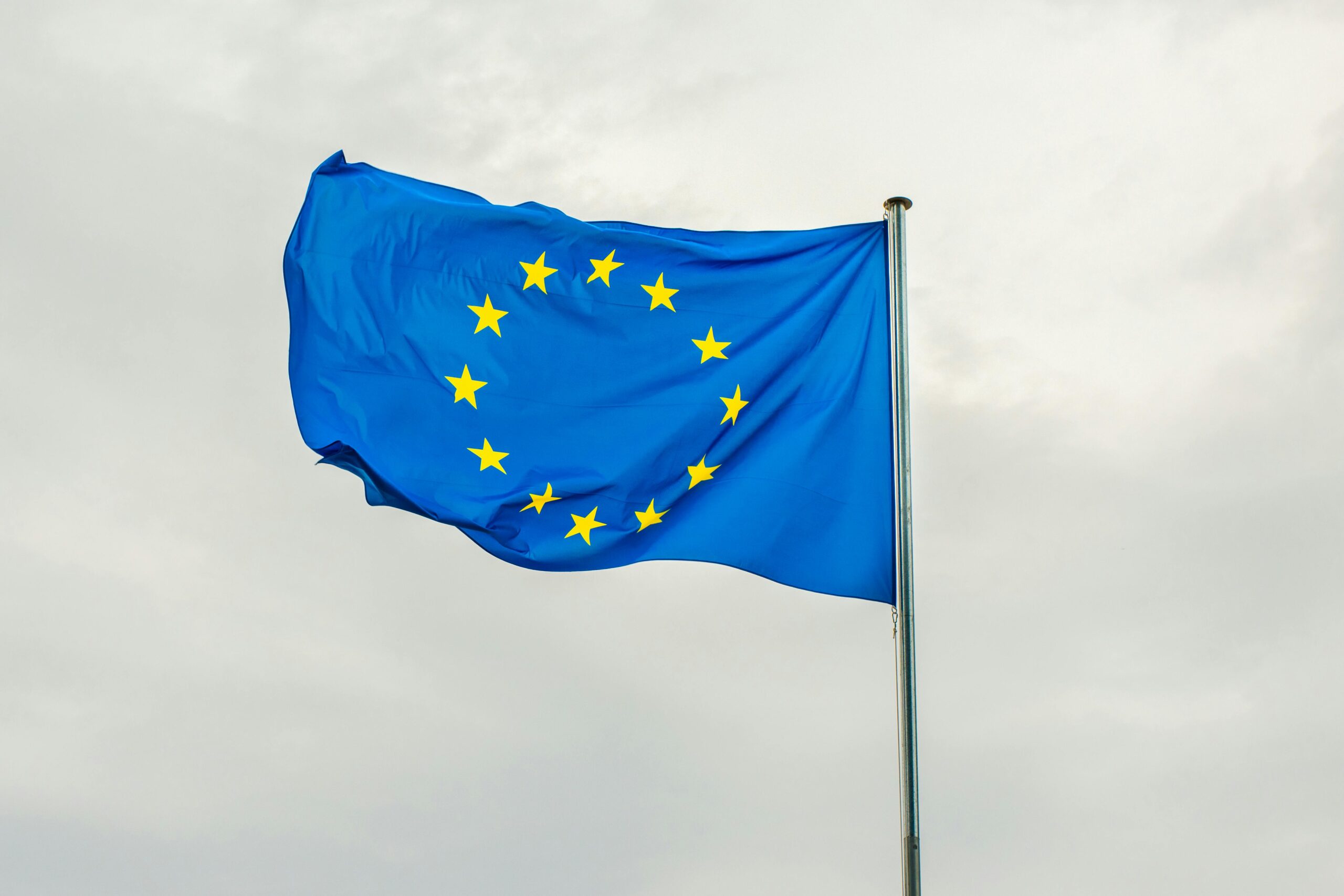How EU funds support circular economy projects
How EU funds support circular economy projects
The circular economy model is one of the strategic pillars of the European Green Deal. Instead of the linear principle of “take – use – throw away”, the circular economy promotes sustainability, resource reuse and waste minimization. EU funds in the new financial period strongly support the transition of economies towards circular practices, and an increasing number of calls directly address this topic.
EU funds enable the financing of a wide range of projects that promote the circular economy: from the development of new recycling technologies, to the redesign of products and business models, to the education of citizens and entrepreneurs. Such projects not only have environmental value, but often result in savings, the creation of green jobs and increased business resilience.
The most common activities financed are: construction and equipping of waste treatment plants, introduction of circular resource management systems in companies, development of new products from recycled materials, development of circular business strategies, and educational and information campaigns. Of particular interest are integrated projects that connect multiple stages of the circular value chain, e.g. design and end-of-life of products.
In Croatia, calls supporting the circular economy are available through funds such as the Environmental Protection and Energy Efficiency Fund (EPEEF), the Recovery and Resilience Mechanism (RRF) and the Cohesion Policy. Examples include tenders for waste reduction at source, digitalization of waste management systems, as well as support for innovative business models based on recycling and reuse. The National Recovery Plan also envisages investments in infrastructure for separate waste collection and treatment and strengthening the capacities of local communities for sustainable resource management.
The beneficiaries of these funds can be local governments, utility companies, crafts and SMEs, associations and scientific and educational institutions. It is crucial that the project has clearly stated goals of waste reduction, improvement of material utilization and long-term benefits for the environment. Projects should be in line with national and local waste management plans and respect the principles of sustainability and green public procurement.
How to start preparing a project? The first step is to analyze your own resource and waste flows. Based on this, a project idea can be defined, whether it is a technological solution, a change in the business model or an educational activity. This is followed by identification of a relevant call, development of the concept, gathering of partners and preparation of project documentation. Involving local stakeholders and expert support in the preparation significantly increases the chances of success.
The circular economy is much more than an ecological imperative, it is primarily an opportunity for development, innovation and long-term sustainability of businesses and communities. EU funds provide concrete instruments for the realization of such projects, and with timely preparation it is possible to achieve significant financial and development benefits.


